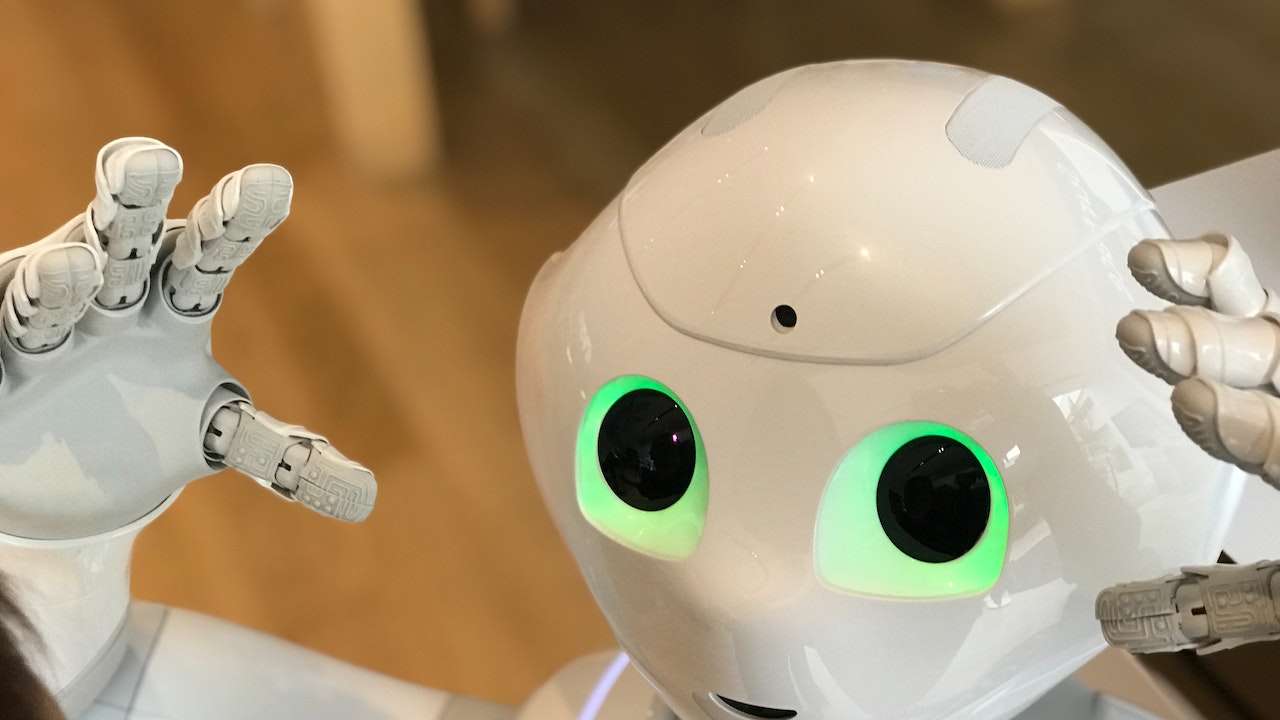Will technology take over humans?
The blog discusses the possibility of technology taking over humans and the arguments for and against it. It highlights that technology is rapidly advancing, but is limited by its reliance on human input and maintenance, and lacks qualities like critical thinking and empathy that are unique to humans. The conclusion is that technology and humans will continue to shape and influence each other in a symbiotic relationship.

Technology and its impact on our lives have been a topic of debate and discussion for many years now. With the rapid pace of technological advancement, the question of whether technology will eventually surpass human capabilities and take over has become increasingly relevant. To learn more about the technology you can check the programming blog Thoughtsoncloud.
On one hand, technology has made incredible strides in fields such as artificial intelligence, robotics, and machine learning, leading to the development of systems that can process vast amounts of data, perform complex calculations, and make decisions faster and more accurately than humans. This has the potential to disrupt many industries and make human labor redundant. For example, self-driving cars and drones are already being tested and are likely to replace human drivers in the near future.
Moreover, technology is becoming increasingly autonomous and self-sufficient, with the rise of artificial intelligence leading to the development of machines that can learn and make decisions on their own. This has the potential to disrupt traditional work models, with machines performing many tasks that were previously done by humans.
However, it is important to remember that technology is not perfect. It is still reliant on human input and maintenance, and it can also be subject to bugs, viruses, and other technical issues. Additionally, technology is only as smart as the data it is fed, and it lacks the critical thinking, creativity, and empathy that are unique to humans. These are essential qualities that cannot be replicated by machines and are required for complex decision-making and problem-solving.
In conclusion, while technology has certainly advanced to a point where it is capable of performing some tasks faster and more accurately than humans, it is unlikely to completely take over. Humans have unique qualities and capabilities that cannot be replicated by machines, and technology still has limitations that require human intervention. The relationship between humans and technology is symbiotic, and both will continue to shape and influence each other in the future. Technology has the potential to make our lives easier and more convenient, but it is up to us to ensure that it does not become a threat to our existence.
ALSO READ
AI Emotion Recognition: A Controversial Technology on the Rise
India-UAE: Strengthening Ties Through Trade and Technology
U.S.-China Science and Technology Agreement Renewed
US Updates Science and Technology Pact with China Amid Tech Rivalry
Sai Guna Ranjan Puranam Joins Lytus Technologies Revolutionizing Healthcare and Technology










